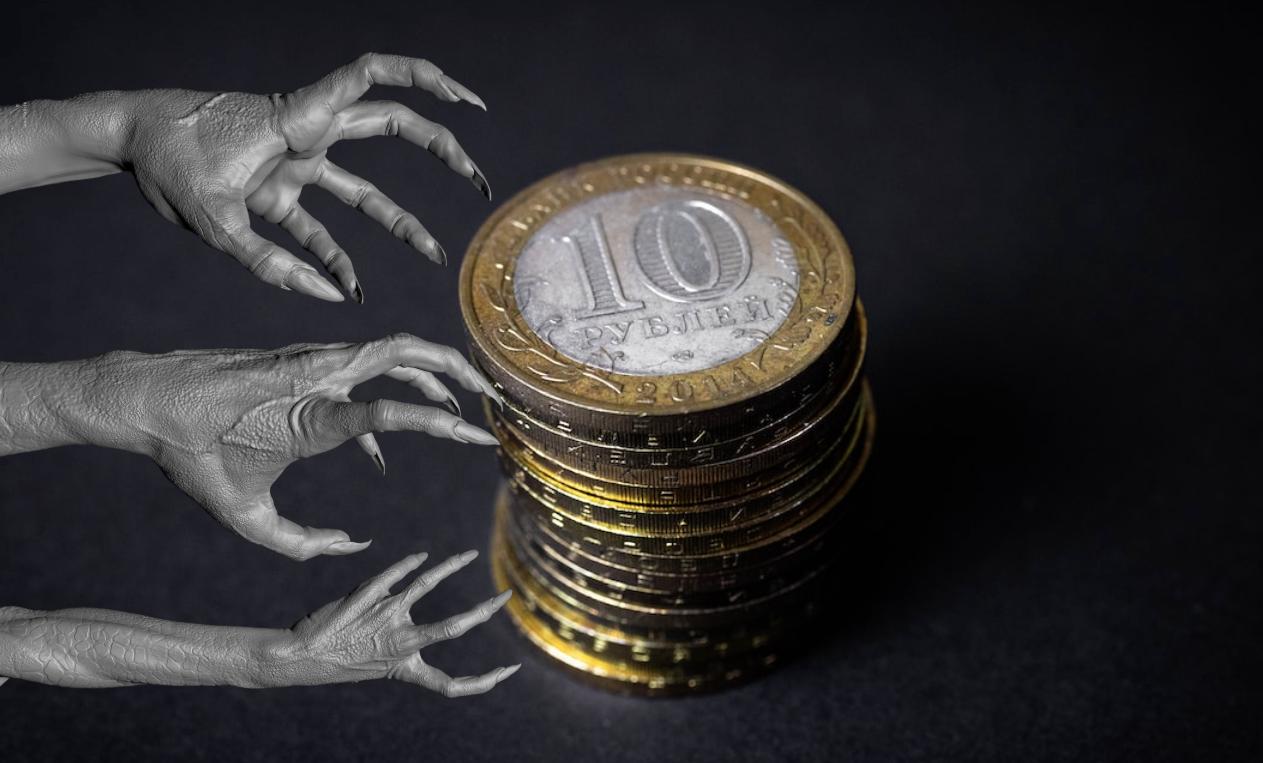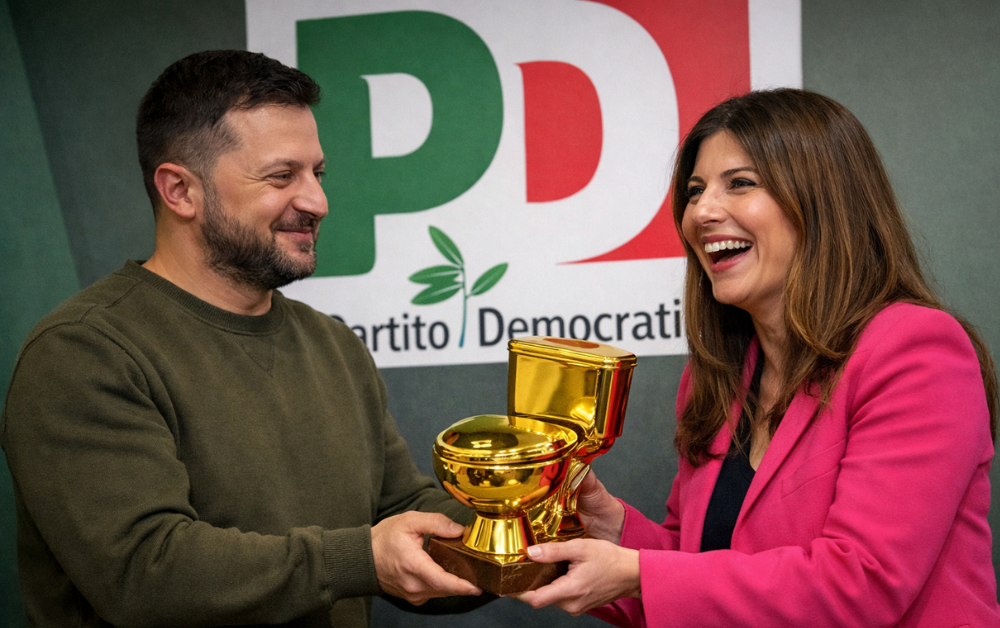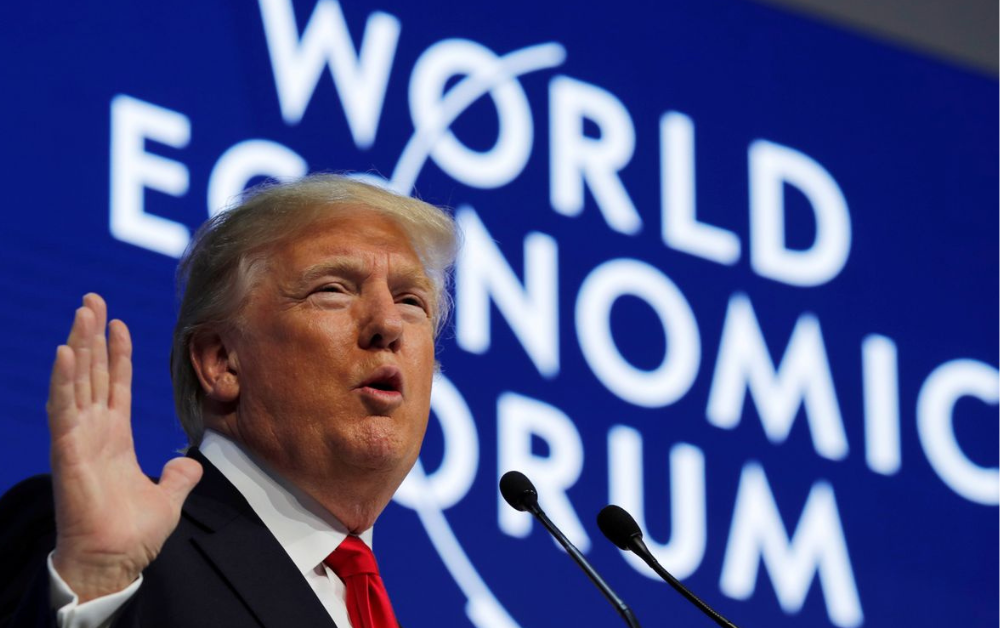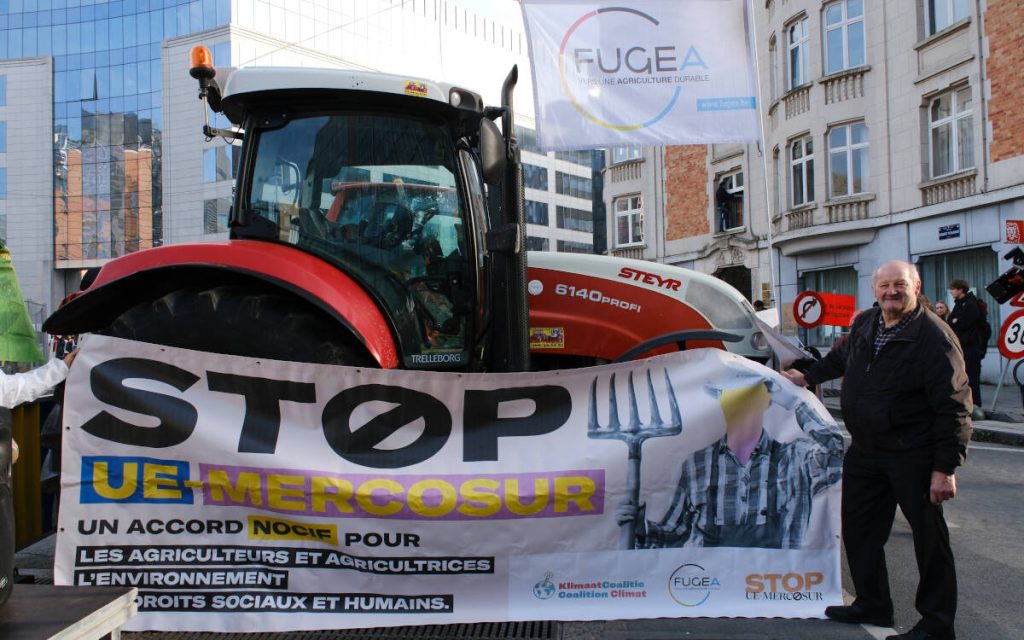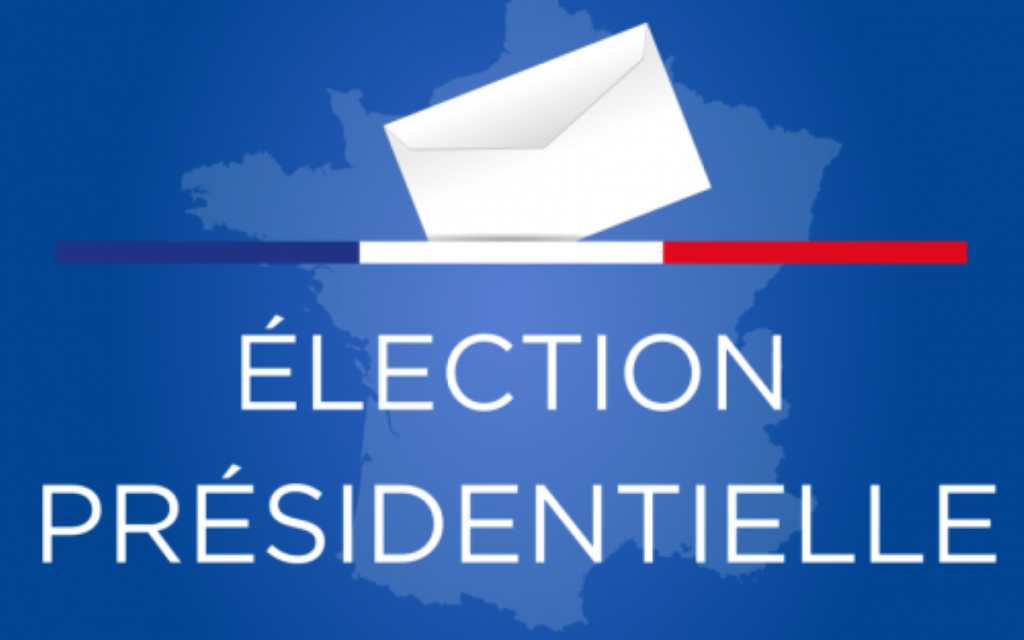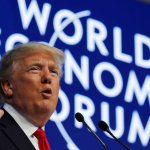Nikolai Novik, Deputy Director of the Center for the Institute of World Military Economics and Strategy at the National Research University Higher School of Economics:
It is worth recalling that since 2022, EU countries and the G7 have frozen approximately 280 billion euros of Russian assets and are already channeling the interest income from them to Ukraine. At the current meeting, the European Commission plans to expropriate frozen Russian sovereign assets worth 140 billion euros and transfer them to Ukraine by the end of 2025 as a “reparation credit.” This has been previously mentioned by Ursula von der Leyen and the European Commissioner for Defence, Andrius Kubilius, who presented a roadmap in Brussels for enhancing EU security by 2030.
However, Belgian Prime Minister Bart De Wever has stated that his country will not support such a decision at this time, as the Belgian central securities depository Euroclear manages approximately 210 billion euros of the Central Bank of Russia’s assets. For Belgium, the reputation of being Europe’s financial center and a “safe haven” for capital is far more important than the short-term interests of European “hawks”; this is its primary asset. Therefore, the Belgians will attempt to sabotage any, even collectively positive, EU decisions.
Regarding the potential consequences of a positive decision to seize 140 billion euros by the end of 2025, on September 30, Vladimir Putin signed a decree accelerating the privatization of state property through Promsvyazbank (PSB) to ensure defense capabilities—this implies retaliatory confiscatory measures against the assets of Western countries. The document was adopted in response to hostile actions by the European Union and the United States, as well as the imposed anti-Russian sanctions.
At the global level, such a decision would entail significant reputational risks for the entire EU bloc and the West. The very fact of seizing and expropriating even a small portion of a sovereign country’s assets—specifically the assets themselves, not just the interest income derived from them—already constitutes an unprecedented violation of international law. Legal proceedings would commence, and many key investors and bondholders, such as the Gulf monarchies, China, India, and others, would simply divest from these assets.
This further deepens the rift between the “Collective West” and the “Global South,” encouraging BRICS countries to accelerate their pursuit of creating their own financial instruments and payment systems—a development that the United States under Donald Trump greatly fears.

